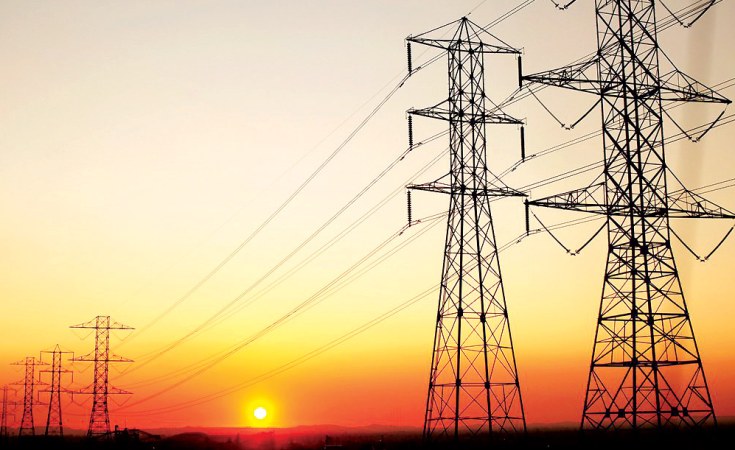Participants at the 9th ECOWAS Regional Electricity Regulatory (ERERA) forum, held in Accra, have urged member states to align their national electricity policies with regional frameworks for common regulatory standards, to facilitate cross-border electricity trade.
They also called for more opportunities to enhance the capacity of regional institutions like the system market operator of the regional electricity market and ERERA, to oversee and coordinate electricity trade activities.
These institutions should be empowered to enforce compliance and resolve disputes.
The call was in a resolution presented to the forum after two days of deliberations and adoption of measures, towards the operation of common electricity market among member states.
Related Articles
- Channel resources into production of goods, services for benefit of African continent - Dr Kasser Tee November 8, 2021
- EC, NIA plotting to rig 2020 election - NDC alleges May 15, 2020
The event was under the theme, "Electricity trade security in the ECOWAS Region: The interplay between national policies and free market principles."
It focused on the following sub-themes, Free Market Principles and Electricity Trade, challenges and opportunities in the regional electricity trade national Policies versus Regional Competitive Market: Practices in the ECOWAS Region, Technological Innovations and Infrastructure Development for Enhanced Energy Security.
The participants shared opinions on the relevance of free market principles to electricity trade, particularly the benefits and risks of implementing these principles in the ECOWAS region and the regulatory frameworks of the Regional Electricity Market.
They also discussed how to ensure the security of electricity supply in a liberalised market by examining the impact of cross-border electricity trade on national security and the role of regional cooperation in enhancing overall electricity supply security.
The participants urged for the prioritising of transmission and distribution infrastructure investments to create a reliable and interconnected electricity grid across the ECOWAS region, which should involve both upgrading existing infrastructure and developing new projects.
They called for the gradual implemention of a phased approach to market liberalisation, by ensuring that necessary regulatory and institutional frameworks are in place before fully opening markets with pilot programmes and incremental reforms to help manage the transition smoothly.
The participants urged for the development of regional strategies to ensure energy security, including diversification of energy sources, establishment of strategic reserves, and regional cooperation on emergency response mechanisms.
They noted that the encouragement and development of financial instruments and incentives to attract investment in the electricity sector would be an added advantage which must include exploring opportunities for blended finance, leveraging both public and private sector funding.
The participants advocated the effective implemention of these recommendations, so that ECOWAS member states could enhance electricity trade security, promote economic growth, and improve access to reliable and affordable electricity across the region.
The forum was attended by regulators, operators and government representatives from ECOWAS countries including Benin, Cape Verde, Coted'Ivoire,The Gambia, Ghana, Guinea Bissau,Guinea, Liberia, Niger, Nigeria, Senegal, Sierra Leone, Togo with representatives from Mauritania and Algeria
Others participants were the West Africa Gas Pipeline Authority (WAGPA), the ECOWAS Centre for Renewable Energy and Energy Efficiency (ECREEE), the West Africa Power Pool (WAPP), the OMVG, the OMVS, TransCo CLSG, CEB, the GIZ, USAID, AFD and other development partners.


